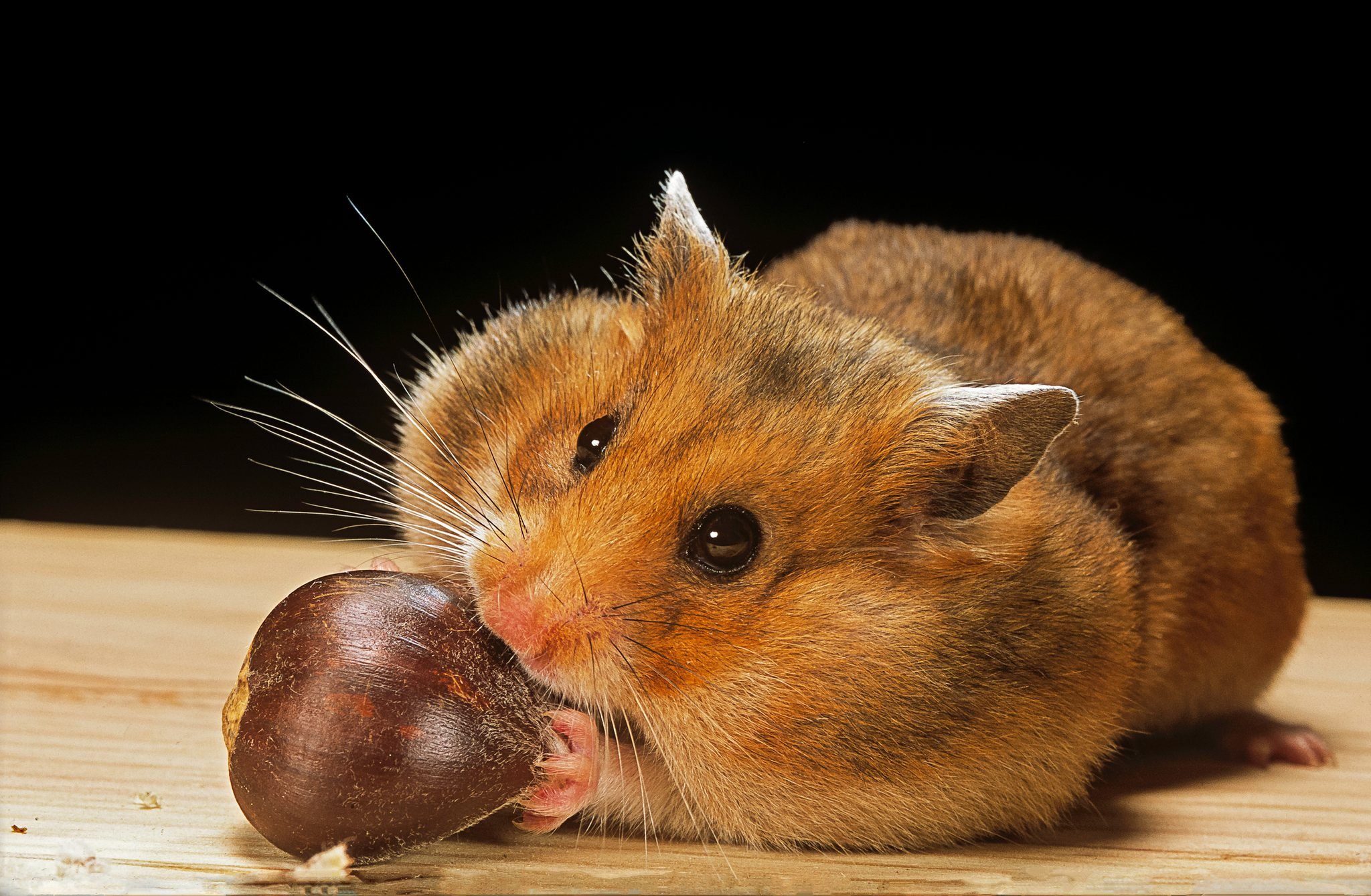Hamsters are among the cutest pets out there that everyone loves. However, to ensure that your hamster stays healthy and happy, it’s essential to provide them with proper nutrition. In this article, we will explore the importance of proper nutrition for hamsters, what they should be eating, and how to ensure that they are getting all the necessary nutrients.
Nutrition Basics
Hamsters are omnivores, which means that they eat both plants and animals. In the wild, hamsters forage for food, eating a variety of seeds, fruits, vegetables, and insects. In captivity, it’s important to provide your hamster with a diet that mimics their natural diet as much as possible.
The importance of proper nutrition for hamsters cannot be overstated. A healthy diet is essential for maintaining a hamster’s overall health, including their growth, reproduction, and resistance to disease. A diet that is lacking in essential nutrients can lead to a variety of health problems, such as obesity, dental issues, and even death.
What to Feed Your Hamster
A well-balanced diet for a hamster should consist of a variety of fresh fruits, vegetables, and a small amount of protein. A good quality commercial hamster food, such as a pellet or seed mix, can also be offered as a supplement.
Protein: Small amounts of protein, such as cooked chicken, egg, or mealworms can be offered. However, too much protein in a hamster’s diet can lead to obesity and other health problems.
Fruits and Vegetables: Fresh fruits and vegetables should make up the majority of a hamster’s diet. Some good options include carrots, apples, berries, and leafy greens.
Grains: Hamsters also benefit from a small amount of whole grains such as oats, barley, or wheat in their diet.
Water: Fresh water should be available to your hamster at all times.
It’s important to note that some fruits and vegetables can be toxic to hamsters. Avoid feeding them foods like avocado, garlic, onions, and rhubarb.
Monitoring Your Hamster’s Diet
It’s essential to monitor your hamster’s diet to ensure that they are getting all the necessary nutrients. One way to do this is by keeping an eye on their weight. A healthy hamster should have a visible waistline and their ribs should not be visible.
Another way to monitor your hamster’s diet is by observing their overall health and behavior. A healthy hamster should have shiny and smooth fur, bright eyes, and be active and curious.
If you notice any changes in your hamster’s weight or overall health, it’s important to consult with a veterinarian. They can help you determine if there are any deficiencies in your hamster’s diet and recommend changes to ensure that they are getting all the necessary nutrients.
The Importance of Variety
Variety is essential when it comes to the importance of proper nutrition for hamsters. Feeding your hamster the same food day in and day out can lead to boredom and can also result in nutritional deficiencies.
To keep your hamster’s diet varied and interesting, try rotating the fruits and vegetables that you offer. You can also try offering different types of protein, such as cooked chicken one day, and mealworms the next.
Final Thoughts
Proper nutrition is essential for maintaining the overall health and well-being of your hamster. A diet that is lacking in essential nutrients can lead to a variety of health problems, such as obesity, dental issues, and even death. By providing your hamster with a diet that mimics their natural diet as much as possible, including a variety of fresh fruits, vegetables, and a small amount of protein, and by monitoring their diet and overall health, you can ensure that your hamster stays healthy and happy.
It’s important to remember that every hamster is different, and what works for one may not work for another. As such, it’s essential to consult with a veterinarian if you have any concerns about your hamster’s diet and nutrition. Different breeds may also have slightly different nutritional requirements.
Also, it’s important to keep in mind that variety is key when it comes to the importance of proper nutrition for hamsters, rotating the fruits and vegetables that you offer and trying different types of protein can keep your hamster’s diet varied and interesting.
In conclusion, the importance of proper nutrition for hamsters cannot be overstated. By providing your hamster with a balanced diet and monitoring their overall health, you can ensure that your pet stays healthy and happy for years to come. And, by keeping in mind the importance of variety, you can make sure that your hamster’s diet is both nutritionally complete and enjoyable for them.
